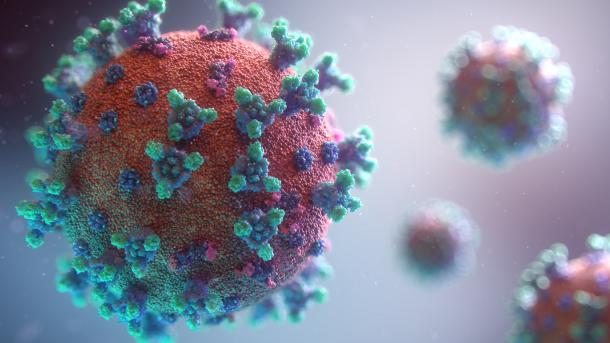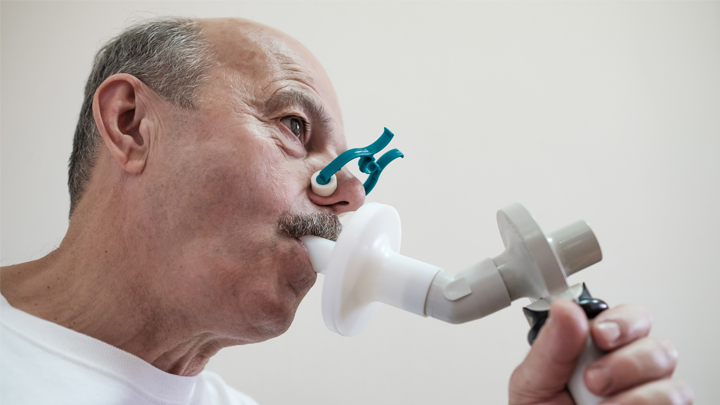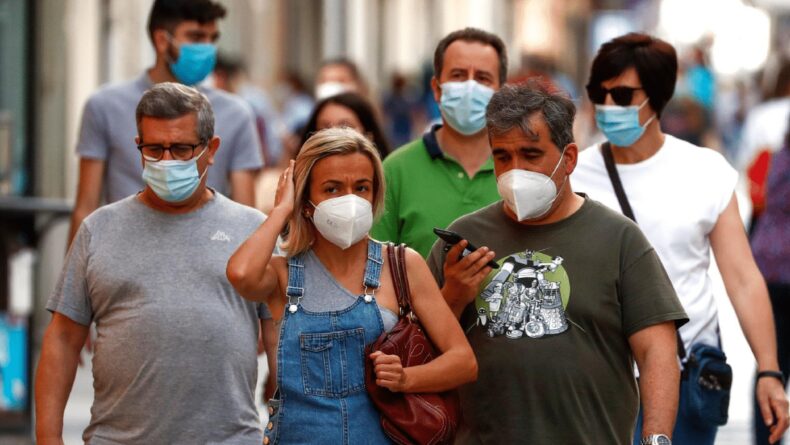A extensive study published in BMJ, states that most symptoms or diseases that occur after mild Covid-19 which last for several months gets recovered within a year

Specifically, the people who are vaccinated were at a very lower risk of having breathing difficulties which is the most common defect a person with mildly affected by corona victim generates after being compared to unvaccinated people.
All these researches and findings only suggest that , although the vast corona circumstance has only been feared and was generously discussed at the very beginning of this covid-19 pandemic . According to the experts, the vast majority of people with moderate sickness do not experience serious or chronic long-term illness.
Long corona symptoms are those that continue or develop more than four weeks after the original illness. An estimated 1.5 million UK residents (2.4 percent of the population) had long-lasting symptoms in March 2022, with the most common ones being exhaustion, shortness of breath, loss of smell, loss of taste, and difficulties concentrating.
But it is still unclear how age, sex, corona variations, and vaccination status relate to the clinical effects of extended corona one year after a moderate infection.
In order to address this, researchers compared the wellbeing of uninfected people with that of people who had endured mild Covid-19 infection for a year.
Study for the Infected and Uninfected Covid-19 Patients
Between March 1 and October 1, 2021, about 2 million members of a large public healthcare organization in Israel had their covid-19 levels checked. This was done using computerized records. In a sample of infected and matched uninfected participants The average age is 25 years and 51% of them are female, more than 70 long covid situations were examined.
While controlling for age, sex, and covid-19 variations, they examined health outcomes in uninfected individuals with and without covid-19 infection over the early period is 30-180 days and utmost late is 180-360 days time periods after infection. Over the same time periods, conditions in vaccinated versus unvaccinated individuals with COVID-19 were also compared.
Post-Covid Conditions
They eliminated those patients who were admitted to the hospital with more severe illnesses to make sure only moderate disease was evaluated. Other potentially significant variables were also included, including alcohol consumption, smoking status, socioeconomic background, and a variety of pre-existing chronic illnesses.
In both the early and late time periods, covid infection was significantly linked to increased risks of a number of conditions, including loss of smell and taste, concentration and memory problems, breathing problems, weakness, palpitations, streptococcal tonsillitis, and dizziness, while hair loss, chest pain, cough, muscle aches and pains, and respiratory disorders improved in the late period.

Weakness had the largest overall burden of diseases following infection during the course of the 12-month research. Breathing problems affect an additional 136 persons per 10,000 people.
Breathing issues were the most prevalent complication when age was taken into account; they appeared in five of the six age groups but persisted for the first year following post infection in the 19 to 40, 41 to 60 and over 60 years of age groups.
Children experienced poorer outcomes than adults during the early phase of covid, which largely disappeared throughout the late phase. The male and female also showed slight disparities. The results were comparable for the Alpha, Delta, and wild-type covid-19 variants.
The researchers draw attention to various restrictions, such as incomplete measurement in medical records, which could cause data to not accurately reflect diagnoses and reported outcomes. Furthermore, they cannot completely rule out the likelihood that covid 19 patients may seek medical attention more frequently, leading to greater reporting of and screening for potential covid 19 related outcomes in these individuals.













